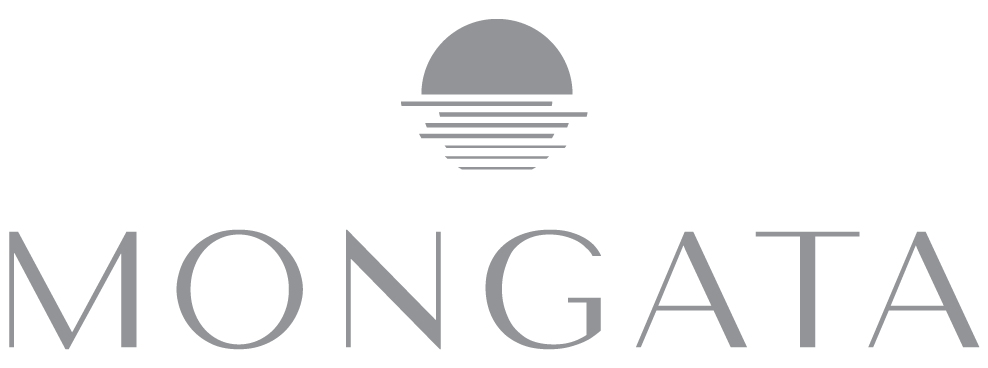Journaling for Self-Discovery: Techniques and Prompts
Journaling is a profound practice for self-discovery that can significantly enhance mental health and personal growth. By writing down your thoughts and feelings, you can create a powerful tool for introspection and transformation. Whether you're seeking deeper personal insights or aiming to unlock your inner potential, journaling can guide you on your journey of self-discovery.
The Benefits of Journaling
Journaling is more than just putting pen to paper; it's a transformative practice with numerous benefits:
Identify and challenge limiting beliefs: Recognize and address negative thought patterns that no longer serve you.
Clarify career ambitions and path: Reflect on your career goals and take actionable steps toward your dream job.
Improve mental health: Reduce stress, anxiety, and depression by writing about your experiences.
Enhance personal growth: Encourage self-reflection to better understand yourself and grow as an individual.
Techniques for Effective Journaling
To maximize the benefits of journaling, consider incorporating these techniques:
1. Free Writing
Free writing involves writing continuously for a set period of time without worrying about grammar or structure. This technique helps access your subconscious mind and uncover hidden thoughts and feelings. Start small with five to ten minutes of free writing every day.
2. Structured Prompts
Using structured prompts provides direction and focus for your journaling. Prompts can be tailored to various aspects of self-discovery, such as personal growth, career path, and mental health.
3. Write a Letter
Writing a letter to yourself, a future version of yourself, or someone who has influenced you can be a powerful way to explore your emotions and gain insights.
4. Discovery Journal Prompts
Use prompts specifically designed for self-discovery to delve deeper into your personal journey. These prompts can address various aspects of your life, from daily experiences to long-term goals.
5. Reflective Journaling
Reflective journaling involves looking back on past experiences and analyzing them to gain a better understanding of yourself and your actions. This technique is particularly useful for identifying patterns and areas for growth.
Prompts for Self-Discovery
Here are 15 prompts to help you start your journey of self-discovery:
1. Ideal Day
Describe your ideal day from start to finish. What activities do you do? How do you feel? This prompt can help you identify what truly brings you joy and satisfaction.
2. Dream Life
Imagine your dream life in five years. Where are you living? What is your career? How do you spend your free time? This exercise can clarify your long-term goals and aspirations.
3. Limiting Beliefs
Identify and write about any limiting beliefs that may be holding you back. Challenge these beliefs and consider how you can overcome them.
4. Goals and Ambitions
What are your goals and ambitions? What steps can you take to achieve your dreams? Reflect on your current path and habits and any changes you might need to make.
5. Thoughts and Feelings
Take a moment to write about your current thoughts and feelings. This can help you process your emotions and gain clarity on any issues you’re facing.
6. Personal Growth
What areas of your life would you like to improve? Set specific goals for personal growth and outline a plan to achieve them.
7. Positive Affirmations
Write a list of positive affirmations that resonate with you. Use these affirmations to boost your confidence and motivation.
8. Daily Life
Reflect on your daily life and routines. Are there any habits or activities that no longer serve you? Consider making changes to align your daily life with your goals and values.
9. Values and Passions
Use discovery journal prompts to explore different aspects of yourself. For example, "What are my core values?" or "What am I passionate about?"
10. Ideal Career Path
What does your ideal career path look like? What step of the journey are you on now and where do you want to be in 2 years? Five years? Write about the steps you need to take to get there and any challenges you might face along the way.
11. Write a Letter
Write a letter to your future self detailing your hopes and dreams. This can serve as a motivational tool and a reminder of your goals.
12. Mental Health Check-In
Regularly check in with your mental health by writing about how you’re feeling and any stressors or challenges you’re facing. Consider seeking professional help if needed.
13. Dream Job
Describe your dream job in detail. What responsibilities do you have? What is the work environment like? Who are your coworkers? How does it make you feel?
14. Bucket List
Create a bucket list of things you want to achieve or experience in your lifetime. This can include personal, professional, and adventurous goals.
15. Ideal Day Reflection
Reflect on your ideal day (from Prompt 1) and compare it to your current daily life. What changes can you make to bring your reality closer to your ideal?
Start Your Journey with Mongata
Journaling for self-discovery is a powerful practice that can lead to significant personal growth and enhanced mental health.
By using techniques like free writing, structured prompts, and reflective journaling, you can gain valuable insights into your thoughts, feelings, and aspirations. Incorporate the prompts provided in this post into your journaling routine to explore different aspects of yourself and your life. The journey of self-discovery is ongoing, and journaling is a wonderful tool to support you along the way.
If you're ready to dive deeper into your self-discovery journey, explore our offerings at Mongata Healing Center. Join our group classes, immerse yourself in our sound baths and breathwork sessions, or schedule a private session for a more personalized experience. Learn more about our in-studio and online resources, and start your journey toward a more harmonious and fulfilling life. Browse our website to discover how we can support you in becoming the hero of your own story.







